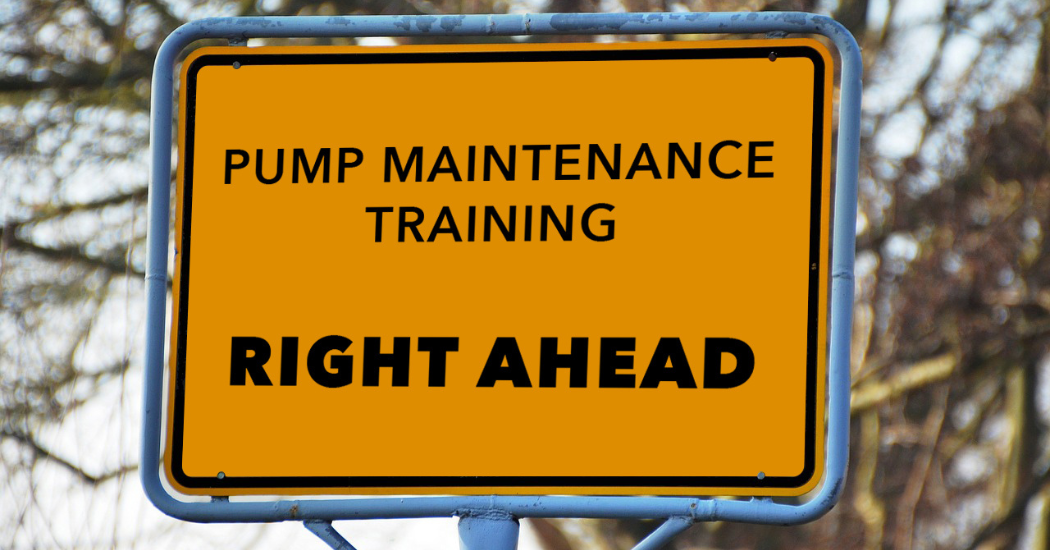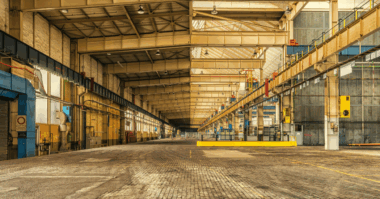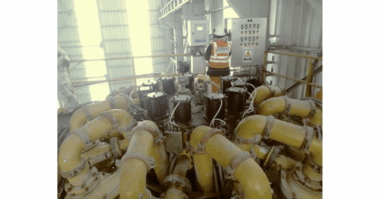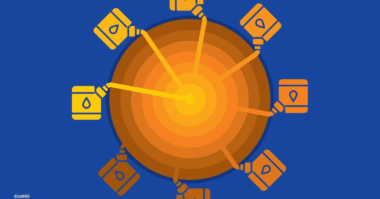The industrial sector heavily depends on machinery, with pumps playing essential roles in various operations. Whether it’s for transferring liquids in a refinery or moving slurries in mining operations, pumps are ubiquitous. Given their significance, the efficiency and longevity of these pumps become critical. One pivotal factor that often gets overshadowed in the pursuit of optimal pump performance is the role of adequate training in pump maintenance.
Laying the Foundation
Before delving into the complexities of specific pump types or sealing systems, there’s a foundational understanding of pump principles that all maintenance personnel should possess. This includes the basics of how pumps function, common pump terminologies, and an understanding of pump curves. Without this basic knowledge, technicians might find themselves in a constant game of catch-up, reacting to problems rather than anticipating and preventing them.
Preventive Over Reactive
A trained maintenance team is well-equipped to transition from a reactive maintenance stance to a preventive one. Instead of merely fixing breakdowns as they occur, they can recognize early signs of wear, misalignment, cavitation, or seal degradation. By addressing these signs early, they can prevent more severe issues that could lead to extensive downtime and costly repairs.
Safety First
Pumps, especially those used in industrial applications, can present safety hazards. These might include high pressures, volatile or corrosive fluids, and high operating temperatures. Training provides technicians with the knowledge to navigate these hazards safely. They learn the correct procedures for lockout/tagout, the safe handling of potentially hazardous materials, and the appropriate personal protective equipment to use during different maintenance tasks.
Cost Efficiency
While investing in training might seem like an added expense, the return on investment is substantial. Well-trained technicians can identify potential problems before they escalate into significant failures, reducing the need for costly repairs or replacements. Moreover, with proper maintenance, the operational life of the pump extends, deferring the capital expenditure of new equipment.
Adapting to Technological Advancements
The world of industrial pumps isn’t static. New technologies, materials, and designs continuously emerge, aiming to increase efficiency, reduce energy consumption, and extend operational life. Maintenance personnel need regular training updates to keep pace with these advancements. Otherwise, they might miss out on leveraging these innovations to the fullest or, worse, apply outdated maintenance practices to new equipment.
While the mechanics of pumps might remain relatively consistent, the methodologies and best practices for their maintenance are ever-evolving. Investing in regular training ensures that maintenance teams are equipped with the latest knowledge, techniques, and safety protocols. This not only ensures optimal pump performance but also translates to significant long-term savings and operational efficiency.
Learn more about SEPCO’s Training Services.




